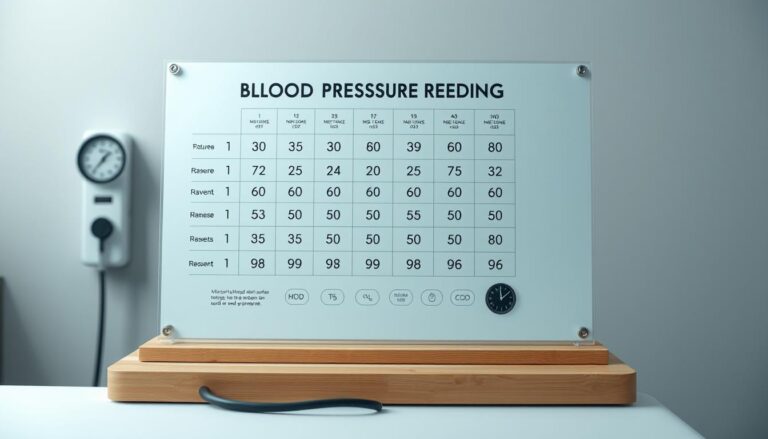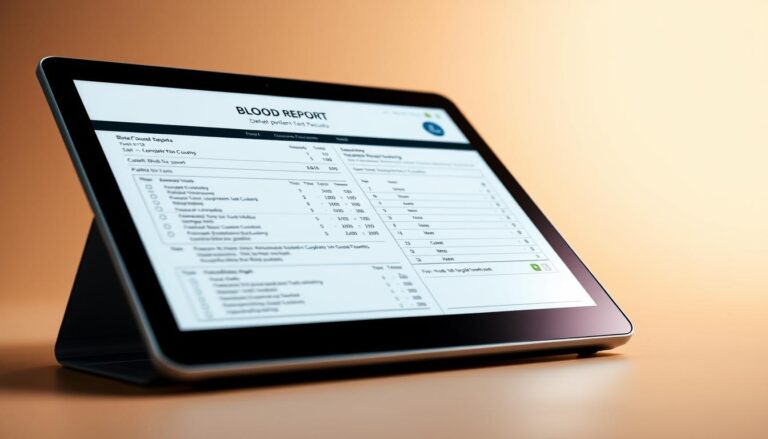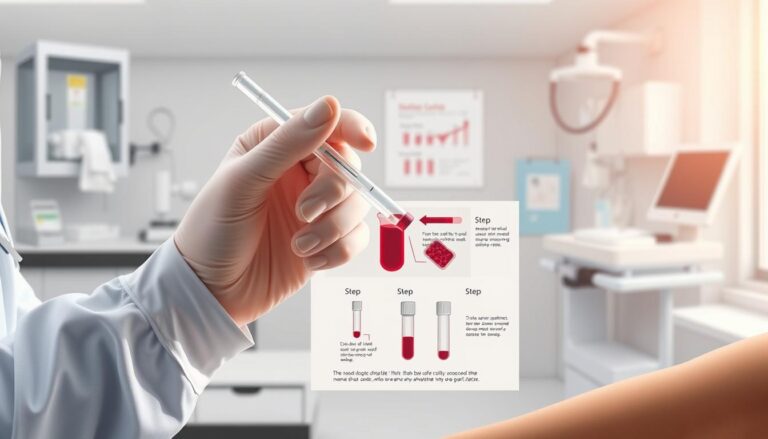What to Eat and Drink Before Common Blood Tests: Complete Preparation Guide
Are you set for a blood test? Getting ready is crucial for good results and a hassle-free visit. But, what should you eat and drink before going? Let’s look at the key tips for nutrition and staying hydrated before your test.

Fasting is often needed for blood tests. This means not eating or drinking anything except water for 8-12 hours before your test. It helps keep your test results accurate, especially for checking fats, sugar levels, and liver health.
But, fasting rules can change based on your tests. Some tests, like blood counts and basic metabolic panels, don’t need fasting. Yet, tests for cholesterol and sugar levels might. Always listen to your doctor’s advice to get the best test results.
For accurate guidance on fasting before a blood test visit our diagnostic centre in Yelahanka, where experts ensure you get precise and reliable test results.
Experience the freedom of unlimited diagnostics. Get Your NanoCard Now and take the first step toward hassle-free health.
Understanding Fasting Requirements for Blood Tests
Fasting is key for accurate blood test results. It means not eating or drinking anything except water for a certain time before the test. This helps avoid nutrient absorption that could skew blood test results.
Types of Tests That Require Fasting
Some common tests that need fasting include:
- Fasting blood glucose tests
- Lipid profile (cholesterol) tests
- Basic and comprehensive metabolic panels
- Vitamin B12 tests
- Iron tests
- Renal function panels
Duration of Fasting Before Blood Work
Fasting times for blood tests usually range from 8 to 12 hours. Most tests are done in the morning. This ensures your body is in a fasted state for accurate results. Remember, Some tests might require different fasting times, so always check with your doctor for blood test abbreviations details.
Permitted Activities During Fasting Period
It’s okay to drink water while fasting. But, avoid coffee, tea, juices, or soda. They can affect test results. Also, don’t smoke, chew gum, or do hard exercise, as these can mess with test accuracy.
Following your doctor’s fasting advice is crucial. It helps get accurate test results and prevents the need for redoing tests. Proper fasting helps manage health issues like intermittent fasting, cholesterol management, and glucose control.
Blood Test Preparation Diet: Essential Guidelines for Accurate Results
Getting ready for a blood test is more than just fasting. Eating a balanced diet before the test is key for good results. It helps ensure the test shows what’s really going on in our bodies.
For tests that don’t require fasting, skip fatty foods and alcohol the day before. Drinking water helps make veins easier to find. If you don’t need to fast, a light meal 1-2 hours before can help you feel better.
Fasting tests are best done early in the morning. This makes fasting easier and less uncomfortable. After the test, have a snack like fruit or a protein bar. People with diabetes should talk to their doctor about fasting and have something sweet ready.
By following these tips, we can get accurate test results. These results, along with a list of blood tests with abbreviations, help us understand our health better.
| Test | Dietary Considerations |
|---|---|
| Creatinine Test | Fasting or avoiding cooked meats may be necessary |
| Cortisol Test | Resting before the sample is taken and avoiding eating, drinking, or brushing teeth for a certain period before the test |
| Fecal Occult Blood Test | Avoiding specific foods or medications for accurate results |
| 5-HIAA Test | Avoiding certain foods such as avocados, bananas, pineapples, walnuts, and eggplants |
| Pap Smear | Refraining from douching, using tampons, or having sex 24 to 48 hours before the test |
By sticking to these dietary rules and listening to our doctors, we can trust our blood test results. They help us get the best care and treatment for our health.
Conclusion
Getting ready for blood tests is key for good results. Listen to your doctor about fasting and what foods to avoid. Drink plenty of water, sleep well, and wear loose clothes for easy blood draws.
Talk to your healthcare team if you’re worried or have questions. Each test, like checking blood sugar or cholesterol, has its own rules. Make sure to ask about any special needs before your test.
By following these steps, you help your doctor get the best information. This lets them make better choices for your health.
Preparing for blood tests might seem hard, but it’s very important. The fasting and food rules help make sure your test results are right. Your doctor uses these results to check your health, like blood sugar and cholesterol.
Keep your focus on getting the best health info. This helps your doctor make good choices for you.
With a bit of planning, blood tests can be easy and stress-free. Follow the pre-test tips, stay hydrated, and talk to your healthcare team. You’ll get the health info you need to take care of yourself.
So, let’s get ready for your next blood test! It’s a step towards better health.







